Elham Kashefi

We are pleased to announce that Elham Kashefi will be appointed to a Lecturership in the School of Informatics, from 1st October.
Elham received her BSc. and MSc. degrees, in Mathematics (Major in Combinatorics), from Sharif University of Technology, Tehran, Iran. In 1999 she joined Imperial College of London as a research assistant in the formal methods and programming language group.
She started her Ph.D. in 2000 under the supervision of Vlatko Vedral and graduated from department of computing, Imperial College in 2003. Her thesis was on complexity analysis and semantics for quantum computing.
She was then awarded a four-year junior research fellowship at Christ Church College, Oxford to work on foundational structures for quantum information and computation. During this period she spent 2005 in Canada as a post doctoral fellow at the Institute for Quantum Computing, University of Waterloo, to work on depth complexity and parallel computing. From March 2006 until 2007 she was a visiting scientist at MIT, in the Department of Theoretical Physics, exploring the connection between measurement-based models, adiabatic and topological quantum computing.
Elham has recently been awarded a five-year EPSRC Advanced Research Fellowship, which she will hold at Edinburgh, to allow her to focus on measurement-based quantum computing and its relation to other quantum models.
Elham's current research interests include: formalising physical computations, classical cryptography secure against quantum attacks, models of quantum computing and their structural relations, and exploring new applications, algorithms and protocols for quantum computing.
Labels: appointment, kashefi, lectureship, lfcs, quantum computing
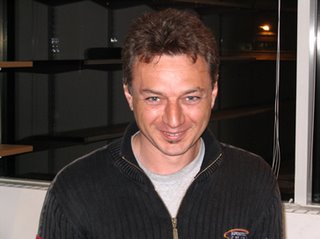




 Poland 13,
Poland 13, Germany 9,
Germany 9, Bulgaria 9,
Bulgaria 9, United States of America 8,
United States of America 8, Greece 7,
Greece 7, France 6,
France 6, Italy 4,
Italy 4, Peoples Republic of China 5,
Peoples Republic of China 5, Spain 3,
Spain 3, Lithuania 3,
Lithuania 3, Luxembourg 3,
Luxembourg 3, India 2,
India 2,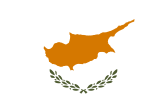 Cyprus 2,
Cyprus 2, Japan 2,
Japan 2, Belarus 2,
Belarus 2, Estonia 2,
Estonia 2, Republic of Ireland 1,
Republic of Ireland 1,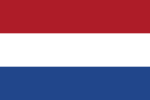 Netherlands 1,
Netherlands 1, Canada 1,
Canada 1, Austria 1,
Austria 1, Malta 1,
Malta 1, Romania 1,
Romania 1, Czech Republic 1,
Czech Republic 1, Finland 1,
Finland 1, Jordan 1,
Jordan 1, Latvia 1,
Latvia 1, Sri Lanka 1,
Sri Lanka 1, Ukraine 1.
Ukraine 1. Mexico 7,
Mexico 7, Pakistan 6,
Pakistan 6, Thailand 5,
Thailand 5, Malaysia 4,
Malaysia 4, Colombia 3,
Colombia 3, Nigeria 3,
Nigeria 3,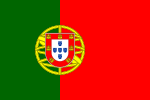 Portugal 3,
Portugal 3, Taiwan 3,
Taiwan 3,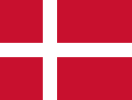 Denmark 2,
Denmark 2, Israel 2,
Israel 2, Republic of Korea 2,
Republic of Korea 2, Singapore 2,
Singapore 2, South Africa 2,
South Africa 2, Sweden 2,
Sweden 2, Belgium 1,
Belgium 1, Albania 1,
Albania 1, Australia 1,
Australia 1, Bahamas 1,
Bahamas 1, Bahrain 1,
Bahrain 1, Bangladesh 1,
Bangladesh 1, Brazil 1,
Brazil 1, Indonesia 1,
Indonesia 1, Islamic Republic of Iran 1,
Islamic Republic of Iran 1, Lebanon 1,
Lebanon 1, Macedonia 1,
Macedonia 1, Mauritius 1,
Mauritius 1, New Zealand 1,
New Zealand 1,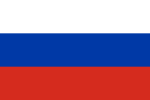 Russia 1,
Russia 1, Slovenia 1,
Slovenia 1, Turkey 1,
Turkey 1, Uzbekistan 1,
Uzbekistan 1, Venezuela 1.
Venezuela 1.



